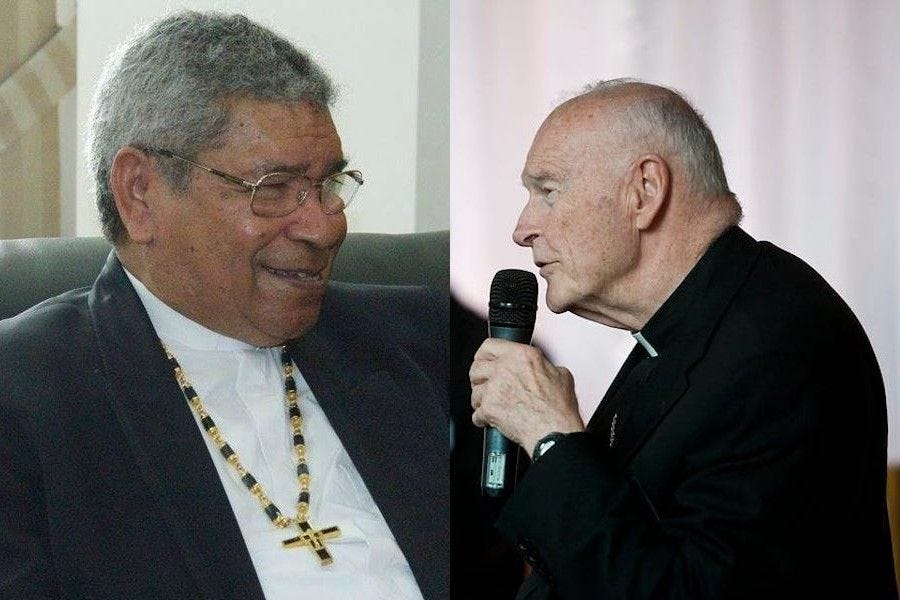Cardinal McCarrick and Bishop Belo — On sexual abuse, has anything really changed?
The Vatican's handling of a bishop's sexual abuse allegations raise familiar questions: Who knew what, when, and what did they do about it?

The Vatican acknowledged Thursday that it imposed restrictions in 2020 on the ministry and residency of Bishop Carlos Ximenes Belo, a Nobel Peace Prize winner who is accused of sexually abusing teenage boys decades ago.
But Vatican officials will almost certainly face more questions about those restrictions, and about the bishop’s past, as details of the…
